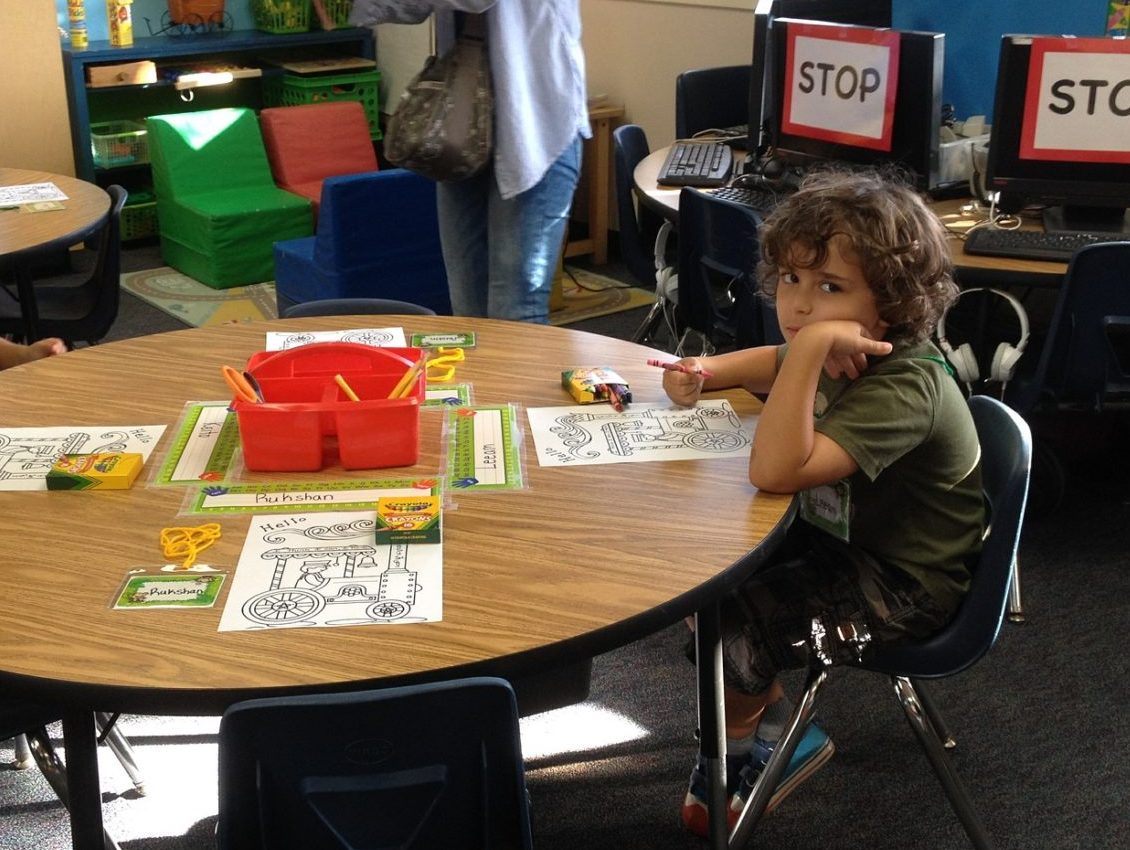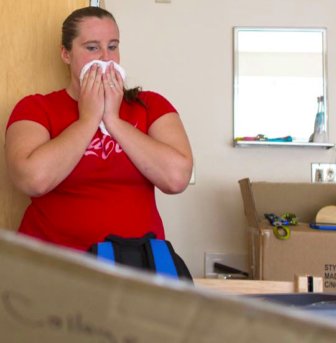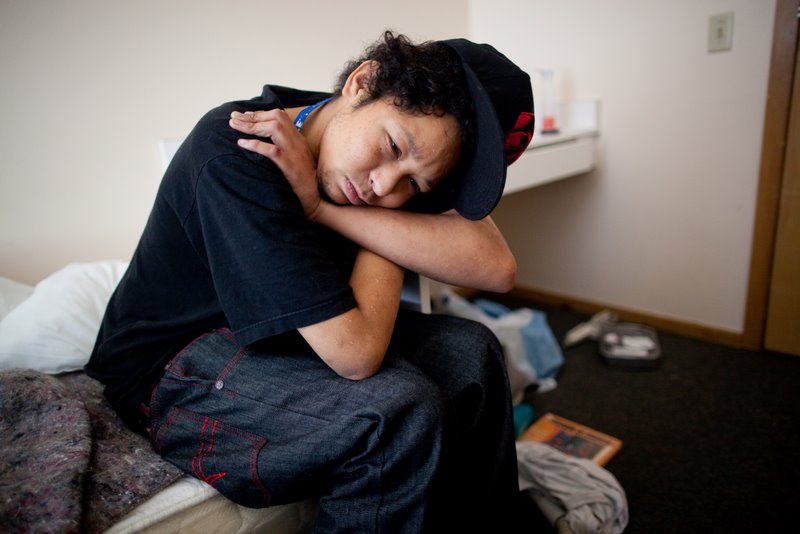The year was 2017. For nearly two decades Washington state Rep. Ruth Kagi had been leading the charge in the fight to improve the lot of the approximately 10,000 children and teens in the state’s foster care system – kids who had been removed from their parents because they were abused or neglected, or both.
Despite Kagi’s efforts, the seriously underfunded system had devolved to the point that hundreds of kids had to be sheltered in motels because of a lack of foster parents. And it was the tightest budget year in Olympia in many years.
And yet Kagi and her allies were able to pass six new laws to improve the system, including creating a new state agency, the Department of Children, Youth and Families, to take on the task of rebuilding the program. Not only that, but they were able to obtain $48 million in new funding for foster care.
InvestigateWest’s reporting on the system made it all possible, Kagi told us after the laws were passed and the funding secured.
“Your reporting really made people aware of the problems, and created a sense of urgency,” Kagi said. “Those articles – it was amazing – the whole issue came into its own because of the reporting you did.”

Each time a foster child changes schools, he loses four to six months of academic progress. Many in Washington, shuffled between hotels and emergency housing options, are missing school altogether.
Reporters Allegra Abramo and Susanna Ray produced a series of stories showing how foster kids were being relentlessly uprooted and moved to new foster homes (or worse – motels); how foster parents were exiting the system in droves, with many citing inadequate support from state caseworkers; how caseworkers themselves were quitting because of burnout and low pay; and how all this sets up foster kids for academic failure, or worse.
Kagi traced the legislative breakthrough’s roots to a panel discussion at Town Hall in December 2016 organized by InvestigateWest and our news partners that distributed the coverage, Crosscut.com and KCTS 9 (known collectively as Cascade Public Media.) Hundreds of interested people attended, and Kagi said the event helped launch a groundswell of support for improving the foster care system.
The genesis of InvesigateWest’s coverage of the foster care system was a 2010 series, “Generation Homeless,” in which reporter and InvestigateWest co-founder Carol Smith, along with photojournalist Mike Kane, documented a surge in demand for housing among young adults in King County.
“This surge in demand for shelter reveals a new face of homelessness, one fueled by the legacy of a failing foster care system and young people stranded by the crack epidemic of the late 1980s,” Smith reported.

In foster care since 9th grade, Desiree Magill chose to move into a Seattle University dorm rather than stay at a foster home where she never felt like she belonged.
Smith’s observation that so many young homeless people came from the foster care system led in 2013 to “Aged Out and Alone at 18,” by reporter Claudia Rowe, which examined how foster youth often find themselves homeless when they reach the age of majority and checks from the state stop flowing to their foster parents. In tandem, we released “End of the Line,” a slideshow by Kane, InvestigateWest Associate Director Jason Alcorn and Liz Jones of KUOW.
These young adults exiting the foster care system are far more likely than other young adults to end up in jail, prison or hospital emergency rooms. Many depend on welfare and food stamps, and most never attend college.
Troubled, InvestigateWest Executive Director Robert McClure began contacting social workers and others, and commissioned the work by Abramo and Ray. The reporters filed public records requests, obtained and analyzed data showing how often foster kids are uprooted and moved because of the shortage of foster parents, and conducted extensive interviews with caseworkers, foster parents, foster kids and others associated with the system.

InvestigateWest’s Allegra Abramo received several awards for her reporting that laid bare a crisis of historic proportions in Washington’s child-welfare system.
InvestigateWest’s coverage has continued since the 2017 legislative session, documenting how desperate state officials were paying up to $600 a night to house foster kids with a small number of foster homes; how foster parents who felt disrespected and disregarded by the state were fighting for better treatment in Olympia; how the state accords second-class status to “kinship caregivers” such as grandparents who take in an estimated 43,000 children who otherwise would enter – and break the back of – the foster care system; and more. All of our coverage is available in reverse chronological order on our Foster Care Crisis page.
InvestigateWest reporters continue to file public records requests, conduct extensive interviews and in general keep an eye on the performance of the Department of Children, Youth and Families. Look for additional revelatory journalism in the months ahead.
Funders of our work in this area include the Ethics and Excellence in Journalism Foundation, the Fund for Investigative Journalism and NewsMatch, as well as member-donors of InvestigateWest. Past funders include the Satterberg Foundation and the Bill and Melinda Gates Foundation. We are grateful for their support.



